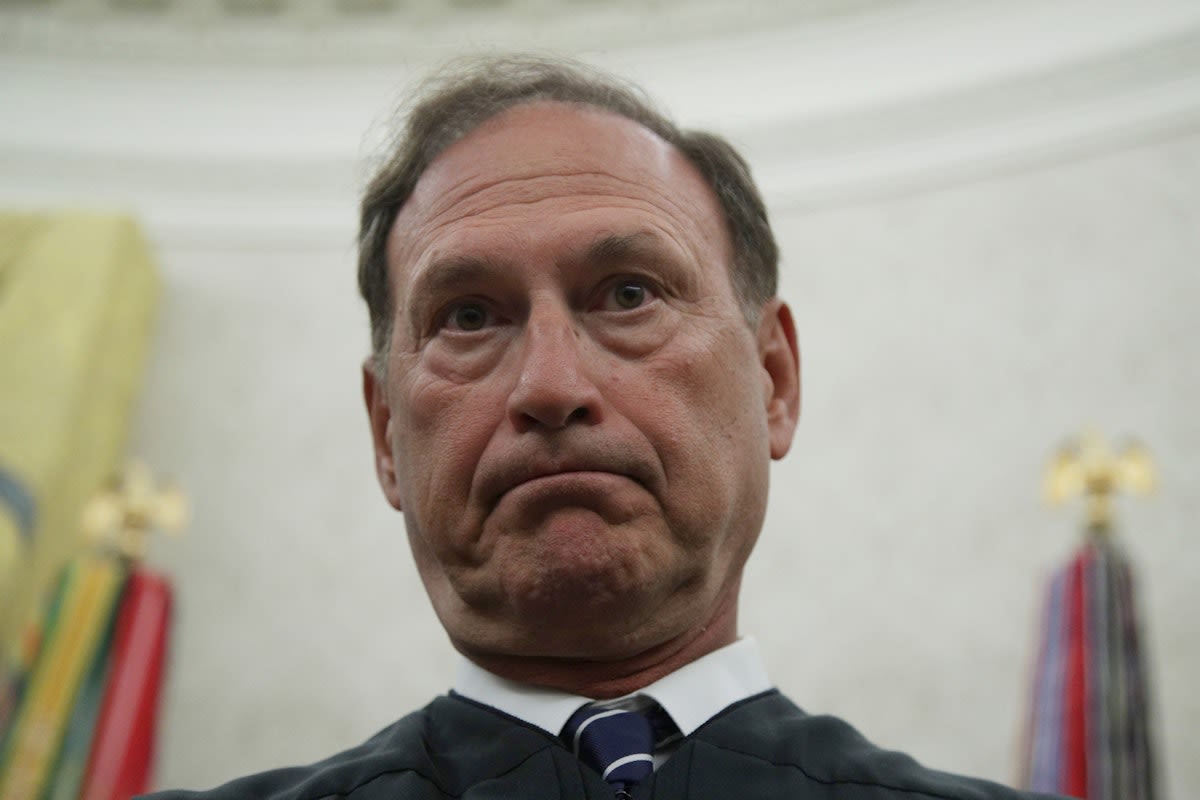Search results
3 days ago · Supreme Court of the United States, final court of appeal and final expositor of the Constitution of the United States. Within the framework of litigation, the Supreme Court marks the boundaries of authority between state and nation, state and state, and government and citizen.
The Court is the highest tribunal in the Nation for all cases and controversies arising under the Constitution or the laws of the United States. As the final arbiter of the law, the Court is charged with ensuring the American people the promise of equal justice under law and, thereby, also functions as guardian and interpreter of the Constitution.
The Supreme Court of the United States ( SCOTUS) is the highest court in the federal judiciary of the United States. It has ultimate appellate jurisdiction over all U.S. federal court cases, and over state court cases that turn on questions of U.S. constitutional or federal law.
Jul 5, 2022 · The US Supreme Court is in the news around the world. The reason: a series of decisions which are already having – and will continue to have – a massive impact on the lives of ordinary...
News about Supreme Court, Lycoming College, Political Science 201
News about Muldrow, Oklahoma, Employment
News about Supreme Court, Tennessee, Samuel Alito
People also ask
What does the Supreme Court do?
What is the courtroom of the Supreme Court?
Is the Supreme Court American?
What power does the Supreme Court have?
- Supreme Court Background. Article III of the Constitution establishes the federal judiciary. Article III, Section I states that "The judicial Power of the United States, shall be vested in one supreme Court, and in such inferior Courts as the Congress may from time to time ordain and establish."
- The Justices. Over the years, various Acts of Congress have altered the number of seats on the Supreme Court, from a low of five to a high of 10. Shortly after the Civil War, the number of seats on the Court was fixed at nine.
- The Court's Jurisdiction. Article III, Section II of the Constitution establishes the jurisdiction (legal ability to hear a case) of the Supreme Court. The Court has original jurisdiction (a case is tried before the Court) over certain cases, e.g., suits between two or more states and/or cases involving ambassadors and other public ministers.
- Cases. When exercising its appellate jurisdiction, the Court, with a few exceptions, does not have to hear a case. The Certiorari Act of 1925 gives the Court the discretion to decide whether or not to do so.
Jun 22, 2023 · Congress set up the Supreme Court, as well as the lower federal courts, with the Judiciary Act of 1789. While the original Court consisted of six justices, its membership varied between five and 10 justices until it was fixed at the current membership of nine after the Civil War.
As the final arbiter of the law, the Court is charged with ensuring the American people the promise of equal justice under law and, thereby, also functions as guardian and interpreter of the Constitution. The Supreme Court is "distinctly American in concept and function," as Chief Justice Charles Evans Hughes observed.

